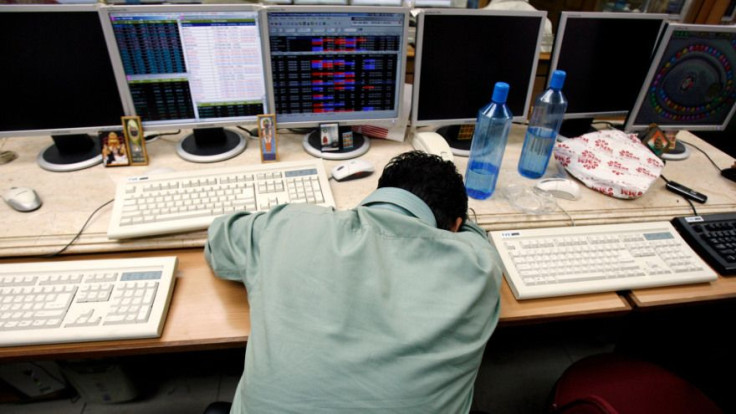Sleep Experts Say Bosses Should Let Their Employees Take A Nap At Work To Boost Productivity

Fatigue is inevitable during any long work day, and sometimes coffee is just not enough to get most people through their midday slump. British sleep experts are now saying that bosses should allow their employees a nap during the day and the option to make their own schedule to help increase productivity. Millions of people fail to get enough sleep during their week and are forced to compensate over the weekend when their work has already suffered.
“It’s best to give your brain downtime,” Vincent Walsh, professor of human brain research at University College London told Cheltenham Science Festival. “I have a nap every afternoon. It’s only since the industrial revolution we have been obsessed with squeezing all our sleep into the night rather than having one or two sleeps through the day.”
A recent study conducted by the Centers for Disease Control and Prevention’s National Institute of Occupational Safety and Health revealed that around 41 million American workers are not getting the seven to nine hours of sleep recommended by the National Sleep Foundation. Sleep deprivation is putting these people and their co-workers in danger of serious injury or death.
Walsh says our obsession with sleeping only at night may be hindering our ability to be more creative. Most of our creative thoughts come to us during periods of relaxation when the brain makes new connections. He recommends a 30- to 90-minute nap in the afternoon to help companies improve their productive output. Employees should also be encouraged to daydream and keep a notebook handy so they can write down ideas as they come to them.
“If we want people to be more creative we need people to be able to do less,” Walsh added. “Companies should allow naps in the afternoon. They should get rid of the habit of clocking in and clocking out. Let people come in when they want. If they want to work through the night, let them.”
The amount of time we set aside for a midday nap could make all the difference for a healthy and unhealthy siesta. A NASA study from 1995 revealed that 26 minutes of sleep helped improve performance by 34 percent and alertness by 54 percent. When we exceed 30 minutes of naptime, we run the risk of falling into deeper stages of sleep, which can result in a loss of cognitive ability and an even groggier state, also known as sleep inertia.



























